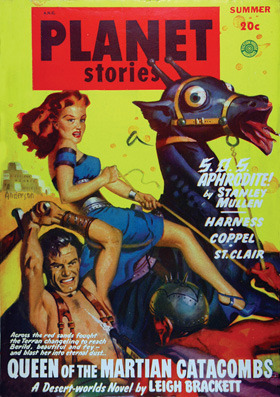Over the course of two nights, my dad & I managed to set up and play the first two turns of Civil War. My girlfriend could not wrap her head around the notion that we’d spent 3 hours playing Friday night and only finished two turns. Part of the reason for the length of turns in Civil War is the method of determining actions and turn length; turns can go on, while not indefinitely, for a very long time.
Each turn, both sides roll for command points and initiative. On the first roll, each player gets a number of command points for each theater based on their own roll and the priority of theater (which is set secretly by each player the previous turn). The difference between the players’ die rolls is used to determine how many actions each player may take, with the higher rolling player going first with an initiative advantage of one reinforcement point or one general without the cost of an action. Rolling identical initiatives will give both players additional command points, and move the command track marker along, unless the identical initiatives are listed on the command track as ones which will end the turn immediately. This goes on back and forth until both players have spent all of their command points and reinforcements or players make a turn ending initiative roll.
The mechanics of Civil War are designed to reflect the problems both sides had during the conflict. Supply and logistics are an issue for both players, but the south moreso. Historically, no sides were ever able to strike quick and decisive blows, but would rather skirmish, shift about, skirmish some more, and hope to eventually wear their enemy down. In Civil War, you can win several victories against an army, but in a subsequent pulse, reinforcements can negate any damage you’ve done beyond gaining advantageous grounds. Unless you have an exceptional general (a Lee or a Grant), most armies in a theater will only have two attacks in a turn, and there’s probably more productive use of your command points than having the Army of the Potomac and the Army of Northern Virginia go tit-for-tat. But when you’ve won a skirmish, you just feel like you have to press in pursuit for the kill, even knowing mechanically you’re not really getting that much of an edge.
So, in our first two turns, much of the mucking about happened in the Trans-Mississippi region. Stonewall Jackson led a small force to take Springfield and drive the Indians out of Kansas. Most of the operations were a wash, I couldn’t hold anything in Missouri, and Jackson was eventually ran back east, but not before three Union supply depots were burned. I may have made a mistake in not sticking Earl Van Dorn in Arkansas, thinking he’d do less harm banished to New Orleans; despite being an absolutely lousy general, he’s just about the only army level commander that the south can spare for that region early in the game.
Most of the rest of the turn was tit-for-tat along the Maryland/Virginia border while I built up the Army of the Tennessee. Beginning on Turn 3, both sides can make a play for Kentucky, and I want to have an army ready to do so while the Union’s attention has been divided.
I’m trying to get more reading done and less screwing around with antique video games (but Sword of Aragon is just soooo good!), and managed to knock out two of the books on my list from this weekend, a posthumously published Fritz Leiber Lovecraftian Sci-fi Horror, The Dealings of Daniel Kesserich, and a supplemental volume (a chunk of an earlier collection not entirely released in English) of short fiction by Stanislaw Lem, Memoirs of a Space Traveller: the Further Reminisces of Ijon Tichy.
Leiber’s Lovecraftian tale was a treat, and I’ll leave it at that; Lem’s short stories were a mixed bag. I find that I personally enjoy Lem the most when he is writing sci-fi horror tales of the “what hath we gods wrought?!” variety, in which mad scientists have unveiled their monstrosities that require a rethinking of human body, mind and soul. Some of his absurdist (often ad nauseum) stuff is a little too precious for me, and I won’t hold any attacks on straw capitalism he was probably forced to write in the 50s against him. But I prefer the Ijon Tichy as Randolf Carter to the Ijon Tichy as Baron Munchausen.
I really need to start doing my Short Reviews again, especially as I’ve got a lot of fodder for them. It’s just that my own writing and game development has taken up a lot of my time. Over the weekend, I picked up quite a haul to supplement my meager pulp collection, hopefully of the variety that will blow those 70s issues of Magazine of Fantasy and Science Fiction out of the water. For a little over $20, I got a stack of 15 issues of Astounding from between 1949 and 1951. The real score of my Sunday haul, though, was this copy of Planet Stories from 1949 featuring a Leigh Brackett Mars novel.
